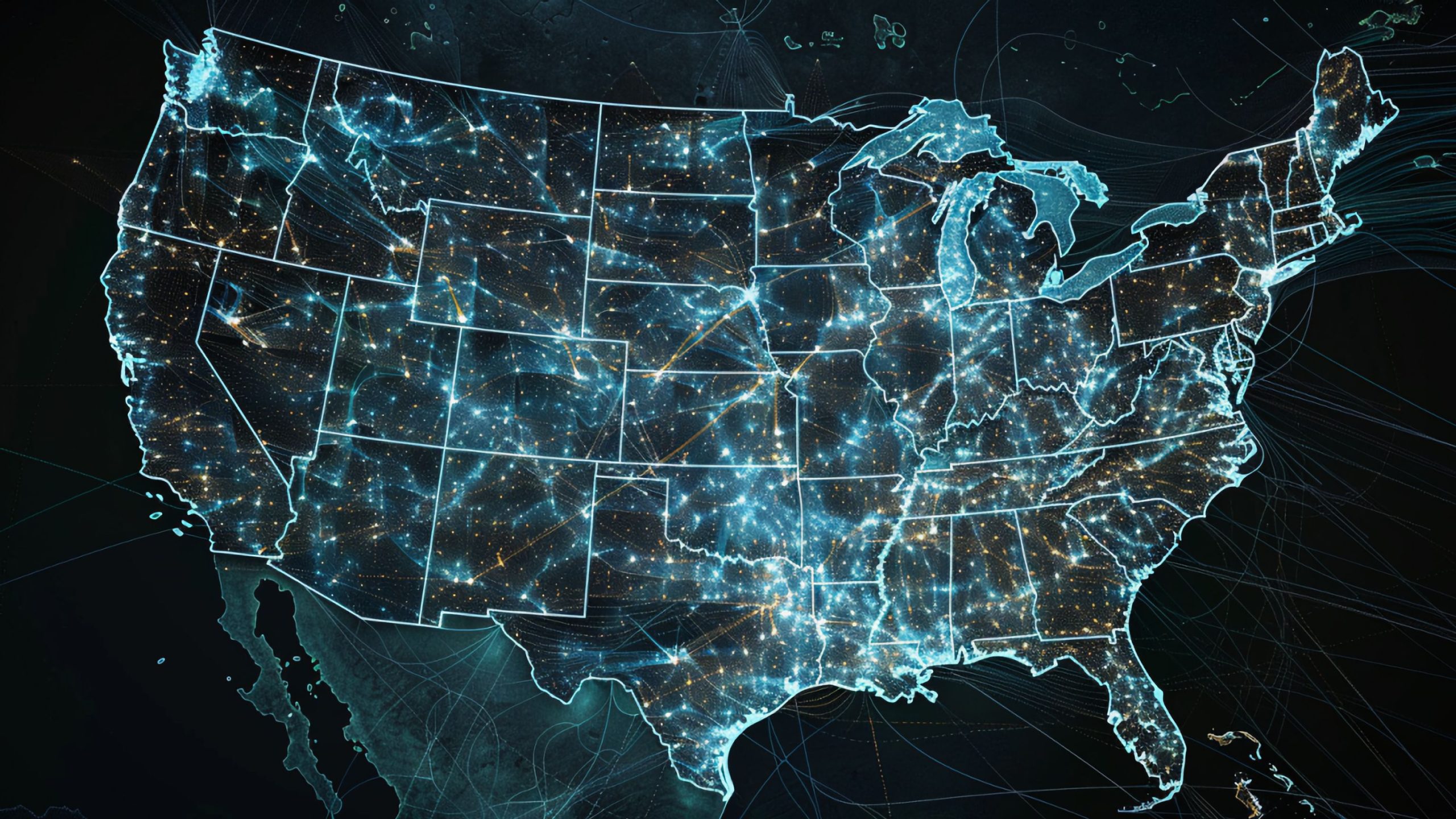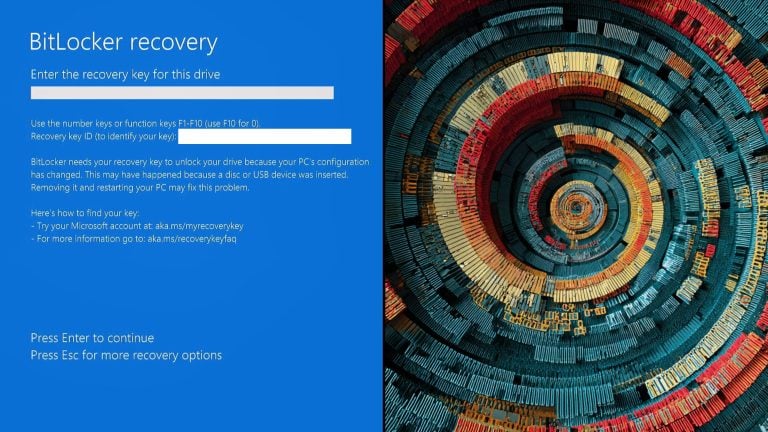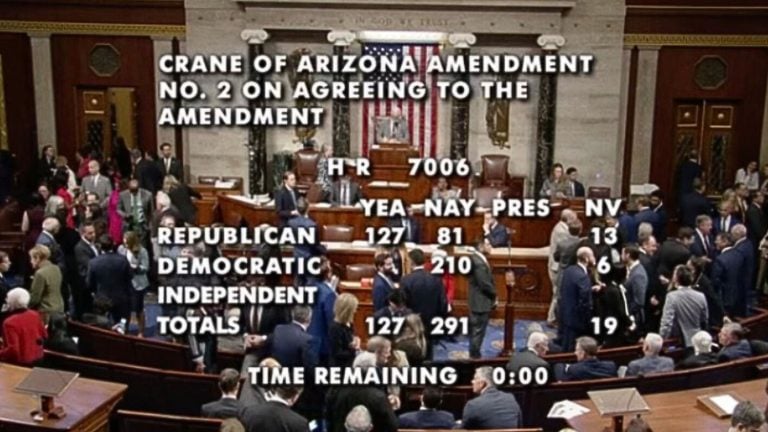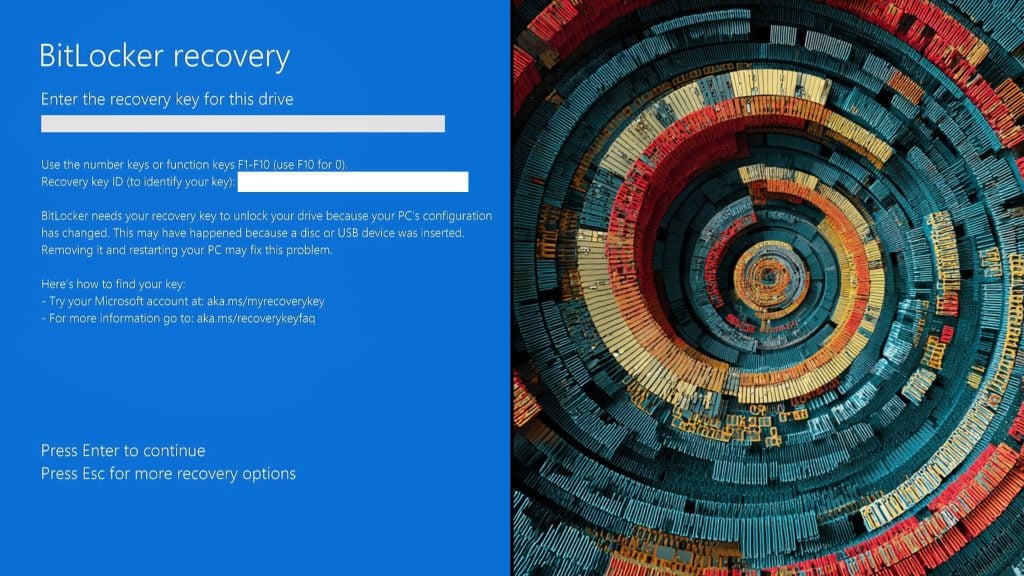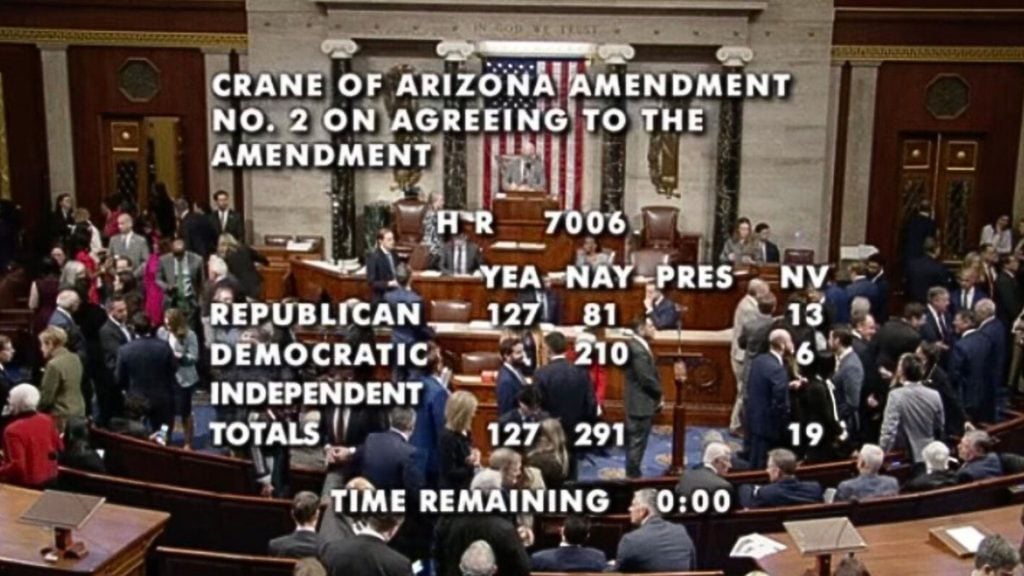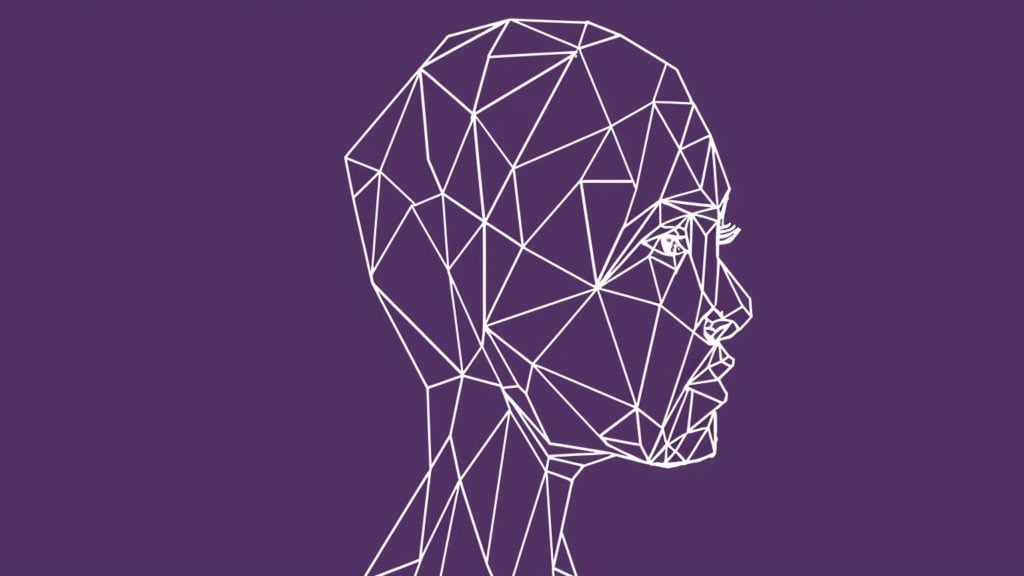Presented as a way to secure the rights and welfare of internet consumers over the interests of broadband companies, the Federal Communications Commission (FCC) has taken a decisive step. Once more, the reins of the broadband industry’s activities are in the hands of the FCC, a power takeover sanctioned by a recent 3-2 voting decision in favor of restoring net neutrality rules.
This safeguard, which had been shelved during the Trump administration’s deregulatory romp, is back to ensure “fast, open, and fair” broadband access for all, according to FCC chair Jessica Rosenworcel.
This reinstatement does not merely resurrect old rules; it changes the broadband services landscape. Broadband is now being recategorized as “common carriers” as per Title II of the Telecommunications Act. Sharing the same scrutiny level as telephone networks and cable TV, broadband service providers are now prevented from arbitrarily blocking legal content or promoting their chosen online services through fast delivery speeds.
However, the struggle for net neutrality, Lauren Rosenworcel suggests, is not purely about thwarting predatory practices from infamous broadband providers. Rather, it gives FCC investigators the power to peel back the industry’s façade and examine how companies react, or don’t, to widespread network ailments such as outages.
Interestingly, the notion of “net neutrality” was originally conceived not as a set of stringent rules, but as a foundational principle used by regulators to strike a balance between internet service providers’ monetary goals and consumer rights and welfare. It primarily highlights the importance that all internet content, regardless of origin, must receive equal treatment.
The fluctuating battle between net neutrality and deregulatory actions has seen periods of rapid switches in power. It was under the Obama administration, following an influential lawsuit from Verizon in 2011, that the broadband industry was reclassified as common carriers under Title II of the Communications Act. This set the stage for the 2015 Open Internet Order, a comprehensive set of new rules shaped by the net neutrality principle.
“Title I” and” Title II” refer to classifications within the United States Communications Act that affect how the FCC regulates telecommunications and information services.
Title I: This classification is for “information services,” which are subject to relatively light regulation. The FCC has limited authority over these services, focusing primarily on promoting competition and innovation. Under Title I, companies have greater flexibility to develop and provide new services without extensive government oversight.
Title II: This classification is for “telecommunications services,” subject to stricter regulations akin to those for public utilities. Title II allows the FCC to impose more comprehensive rules regarding rates, practices, and service terms to ensure fair treatment and access. The aim is to maintain a level playing field and protect consumer interests, but it can also mean more government control and oversight.
The win of the Obama administration, however, was short-lived. The then FCC chair and former Verizon lawyer, Ajit Pai, under the backing of the Trump administration, deemed them unnecessary. Pai made no bones about his views on the renewed efforts from the FCC, calling them a “complete waste of time.”
But it’s not just the accusation of being a waste of time that is a criticism against the legislation.
Criticisms of Net Neutrality:
Political Pressure: The decision to classify broadband internet as a Title II service in 2015 came under significant political pressure, especially from the White House during the Obama administration. This move was seen as an unprecedented power grab that ignored the longstanding bipartisan consensus against heavy regulation of the internet. Net neutrality rules often involve regulatory frameworks that give government agencies like the Federal Communications Commission (FCC) the authority to oversee and enforce compliance. Critics claim this level of control represents a government intrusion into private business operations, potentially leading to over-regulation.
Potential for Future Regulations: Once government agencies gain regulatory control over a sector, there’s a concern that it might lead to additional, more intrusive regulations. This could eventually extend into areas such as content management, pricing, and business models, which could stifle industry innovation and competition.
Centralized Decision-Making: The power to define and enforce net neutrality is concentrated in regulatory bodies, leading some to view it as centralizing control over the internet in the hands of a few regulators. This centralization is perceived as contrary to the decentralized nature of the internet.
Lack of Congressional Authority: The argument is that Congress never explicitly granted the FCC authority to classify broadband as a Title II service. The shift from a Title I information service to a Title II telecommunications service was influenced by external pressure rather than legislative approval.
Chevron Doctrine and Administrative Overreach: The Chevron doctrine, which allows administrative agencies to interpret ambiguous statutes, has been cited as a reason for the FCC’s overreach. The Supreme Court’s decision in West Virginia v. EPA is highlighted as a significant check on this overreach, requiring agencies to have explicit congressional authorization for significant regulatory changes.
Economic and Investment Impact: The classification of broadband as a Title II service could have a chilling effect on investment and innovation in broadband infrastructure. The uncertainty surrounding new regulations, potential taxes, and other regulatory aspects could deter investment in broadband networks.
Impact on Market Competition: The statement suggests that the reclassification could ultimately strengthen the market power of big tech companies at the expense of smaller ISPs. This could reduce competition and innovation in the market.

